Introduction
What is General Anesthesia?
General anesthesia allows the realization of a surgical, obstetrical or medical act (endoscopy, radiology...) by plunging the patient in a very deep sleep. The anesthesia ensures the comfort of the patient by avoiding pain and the memory of the procedure.
Throughout the general anesthesia, you will receive medication to maintain the anesthesia (anesthetic, painkillers...).
The anesthesiologist is present at your side throughout the procedure to ensure your safety.
Pre-anesthetic Consultation
Before the surgery, you will be required to consult an anesthesiologist. The anesthesiologist will review your medical file and ask you questions about your medical and surgical history, your allergies, etc.
The anesthesiologist will prescribe the check-ups that he/she deems necessary according to the planned intervention and your state of health: blood tests, consultation with a specialist or imaging.
At the end of this consultation, the results are recorded in a written document and you will be informed about the anesthetic technique, the possible risks and the instructions to follow.
Adverse Effects
What are the Adverse Effects?
Although they are usually temporary, their persistence should encourage you to consult your doctor:
Upon awakening:
- Nausea ;
- Vomiting ;
- Confusion ;
- Shivering.
A few hours after anesthesia:
- Memory problems ;
- Decreased ability to concentrate ;
- Episodes of sleepiness ;
- Great fatigue.
What to Expect
Before Intervention
- After a perfusion is set up, the anesthesiologist performs a pre-oxygenation and may give you a medication to relax you. Pre-oxygenation involves giving you a large amount of oxygen to breathe.
- Then, the anesthesiologist injects the anesthetic drugs into the infusion, which induces sleep within a few seconds.
During Intervention
- Once you are in a deep sleep, you will need to be artificially ventilated with a device in your mouth (intubation tube, laryngeal mask...) ;
- The next step is to maintain you in a state of sleep, by ensuring the maintenance of the anesthesia. The maintenance of the anesthesia can be done by two means. Either by a continuous intravenous injection or by inhalation of gas through the airways ;
- This state will be maintained throughout the operation and for as long as necessary.
After the Operation
After the Intervention
Once you are awake, you will be placed in the recovery room where a nurse will monitor your vital functions and check for immediate postoperative complications.
The time between the anesthesiologist stopping the administration of anesthesia and you opening your eyes depends on several factors, but in practice it takes between 5 and 15 minutes.

